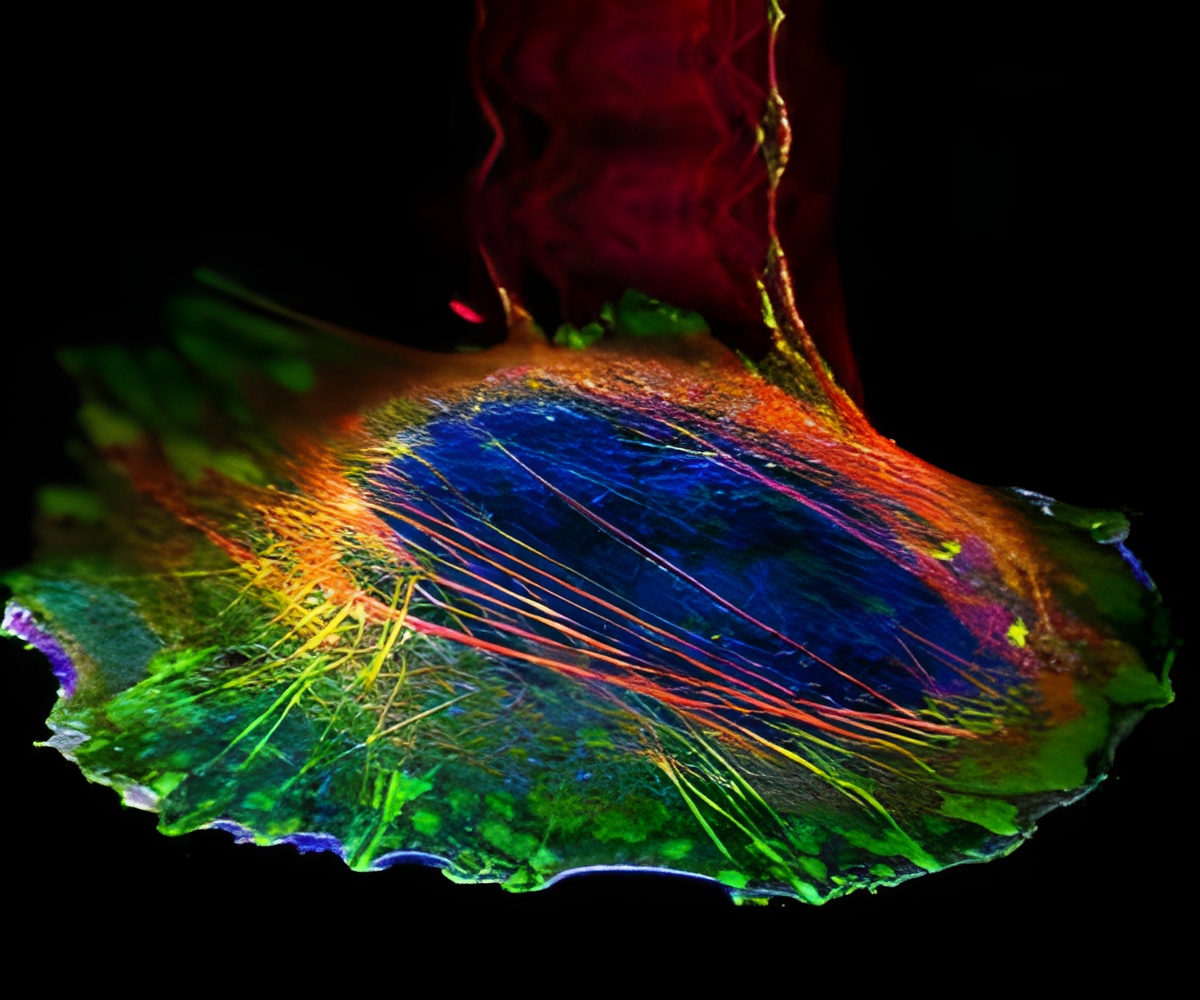
‘The study suggests that some proteins called guanine nucleotide exchange factors offer a new and more precise indicator of disease state and prognosis.’
Tweet it Now
"We found that elevated expression of each GEF is associated with a shorter, progression-free survival in patients with metastatic colorectal cancer," said lead author of the study, Dr Pradipta Ghosh, associate professor at UC San Diego School of Medicine. "The GEFs fared better as prognostic markers than two well-known markers of cancer progression and the clustering of all GEFs together improved the predictive accuracy of each individual family member." In recent years, circulating tumor cells (CTCs), which are shed from primary tumors into the bloodstream and act as seeds for new tumors taking root in other parts of the body, have become a prognostic and predictive biomarker. The presence of CTCs are used to monitor the efficacy of therapies and detect early signs of metastasis.
But counting CTCs in the bloodstream has limited utility, said Ghosh. "Enumeration alone does not capture the particular characteristics of CTCs that are actually tumorigenic and most likely to cause additional malignancies."
Numerous efforts are underway to improve the value and precision of CTC analysis. Ghosh said the new findings are a step in that direction. First, that GEFs activate trimeric G proteins and second, that G protein signaling is involved in CTCs. G proteins are ubiquitous and essential molecular switches involved in transmitting external signals from stimuli into cells' interiors. They have been a subject of heightened scientific interest for many years.
Ghosh and colleagues found that elevated expressions of non-receptor GEFs activate Gαi proteins, fueling CTCs and ultimately impacting the disease course and survival of cancer patients.
Advertisement
The findings are published in the Scientific Reports.
Advertisement















